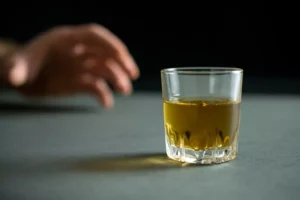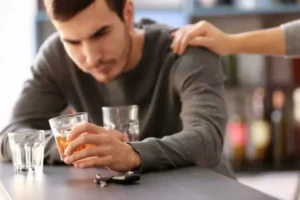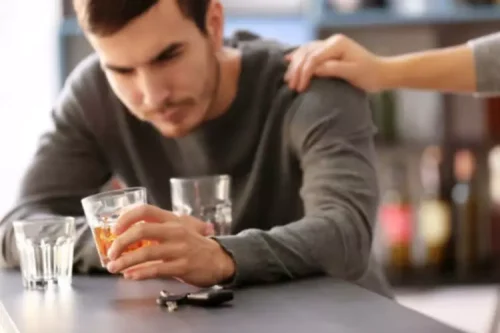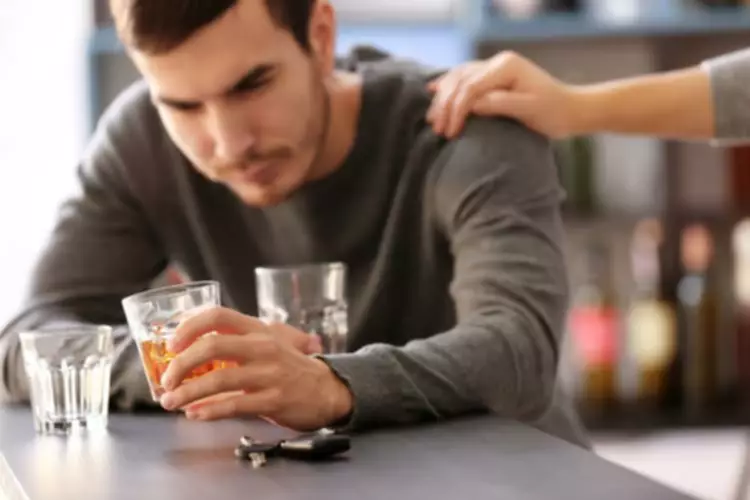
Identifying these symptoms is key to understanding the progression of this condition. If a person does not stop drinking, the issues connected to alcoholic neuropathy will fail to recover and may become permanent. Treating the alcohol use disorder in a person who has been diagnosed with alcoholic polyneuropathy is the key to treating this disorder. Early detection and treatment are key elements to managing a diagnosis of alcoholic neuropathy.

Alcoholism and Alcoholic Neuropathy
- Since muscle atrophy and spasms can occur with polyneuropathy, regular muscle-strengthening exercises may help prevent further deterioration.
- Nerve damage caused by alcoholic neuropathy causes the muscles to not receive the signals from nerves properly.
- However, alcoholic neuropathy is complicated, and it is believed to be the result of the many ways that heavy alcohol use negatively impacts the body.
- However, researchers have found that consuming too much alcohol for long periods of time can damage the peripheral nerves.
- In these cases, symptoms may persist for several months to years, and some nerve damage could be permanent.
An AUD creates an urge to drink and makes it difficult for a person to stop once they’ve started. The road to recovering from alcoholic neuropathy may be difficult, but with the right support and resources, it is possible to regain control over one’s life and health. Recognizing and addressing these underlying causes, along with seeking professional help to overcome alcohol addiction, is critical in preventing further damage. Symptoms of alcoholic neuropathy may vary, but they can generally be grouped into sensory, motor and autonomic categories.

What is the last stage of alcohol-induced liver failure?
- In this article, we’ll break down what alcoholic neuropathy is, its causes, symptoms, and, most importantly, the possibility of recovery.
- True healing from alcoholic neuropathy means addressing the addiction that caused it.
- Even if full recovery isn’t achievable, many people see significant improvement in their symptoms and overall quality of life through consistent management and care.
- Chronic drinking combined with the above risk factors can increase your chances of developing alcoholic neuropathy.
True healing from alcoholic neuropathy means addressing the addiction that Halfway house caused it. We also incorporate family support and aftercare planning to ensure long-term success beyond residential treatment. Probably the most common symptom of mild neuropathy is chronic prickling, burning, or numbness in the arms and legs.

Living with Alcoholic Neuropathy
About 46% of chronic alcohol users will eventually develop this condition. Alcoholic Neuropathy is a condition characterized by nerve damage resulting from chronic and excessive alcohol consumption. It primarily affects the peripheral nerves, leading to symptoms such as numbness, tingling, pain, and muscle weakness, typically in the limbs. It can lead to symptoms such as tingling, numbness, muscle weakness, and gastrointestinal issues. The prognosis for alcoholic neuropathy depends on various factors, including the extent of nerve damage and the individual’s commitment to avoiding alcohol and adhering to treatment plans.

Does alcoholic neuropathy go away?
Additionally, overall physical health, liver function, and concurrent use of other substances can influence the onset and severity of neuropathic symptoms. Alcoholic neuropathy is a form of nerve damage caused by excessive and prolonged alcohol use. It can result in symptoms like tingling, numbness, burning pain, muscle weakness, and difficulty with coordination—often starting in the hands and feet. The recovery time for alcoholic neuropathy alcohol neuropathy varies significantly among individuals and is influenced by the severity of the neuropathy and the individual’s history of alcohol consumption. While it is more common in older adults, alcohol neuropathy can also affect individuals in their 20s. In this article, we will delve into the causes, treatment, and recovery options for alcohol neuropathy in individuals in their 20s.
Nutritional Therapy
- This waste then builds up and harms many regions of the body, including the nerves.
- Nearly 46% of chronic alcohol users may develop this condition over time.
- When the liver and kidneys process alcohol, they also remove a lot of vitamins and other nutrients needed for nerve health along with it.
- If you stop consuming alcohol and work on your diet, you can achieve a full (or moderate) recovery.
- Often, if the subject hasn’t been involved in destructive behaviors for a very long time, the situation can be reversed fairly quickly.
- Toxin accumulation in the body and dietary deficiencies are the causes of alcoholic neuropathy.
The recovery time for alcohol neuropathy can vary depending on the severity of the condition and the individual’s response to treatment. With proper treatment and abstinence from alcohol, it is possible to slow or stop the progression of the condition, but nerve damage can be permanent. Under the guidance of a healthcare professional, patients may integrate pain management, healthy diet, physical therapy and exercise into their treatment plan. Additionally, engaging in stress reduction techniques such as meditation or yoga may help improve overall health and wellness.

